A major slaughter plant in NI has indicated that it is willing to handle so-called nomad cattle, i.e. both live imports from the Republic of Ireland for slaughter and cattle born in the south, but sold through marts to NI finishers. But it is on the condition that Irish authorities agree that the subsequent beef will be clearly identified with Irish branding.
The Irish Farmers Journal understands that there is a major retail customer available in Britain, who has indicated that it would handle a range of Irish-branded product, including nomads, but also beef born, reared and slaughtered in the Republic of Ireland. But a deal cannot be struck until there is a clear acceptance, or preferably endorsement, of the move by the Republic of Ireland’s Department of Agriculture, Food and Marine. Both processor and retailer want to be sure that the move will not be undermined or challenged in the future.
Because NI is part of the UK, under compulsory EU beef-labelling rules, cattle born in the Republic, and sold to a NI finisher must be labelled as ‘‘Born in Ireland; Reared in Ireland/UK; Slaughtered in UK’’. This must be carried somewhere on the label, but it is not a barrier to use of an overall Irish brand.
According to sources in the NI meat trade, there is no other immediate solution to the current impasse in the live cattle trade. In the past, meat from nomad cattle could be sold into Europe by NI processors. But with the NI price (in euro terms) well ahead of continental Europe, that is not a viable option.
There was also some business done previously with major British retailers, but this is much more difficult since the horsemeat scandal. Most now predominantly want British Red Tractor product. They will also stock some Irish beef. However, a combination of the two jurisdictions is beyond the thought process of many retail buyers. The rise of discounters, such as Lidl and Aldi, with their simple store layouts and limited product ranges is also a factor – the model suggests having fewer product lines, not more (a third line for nomads).
The chief executive of the NI Meat Exporters Association (NIMEA), Phelim O’Neill told the Irish Farmers Journal that there was an immediate opportunity to open up the live trade in cattle.
“At least one of our factories is ready and willing to go tomorrow if they were sure there are no objections to the use of an Irish brand identity,” he said.
O’Neill described the idea as a “win-win” as it would allow the live trade to operate in Ireland, but also the beef would be clearly differentiated from British Red Tractor. Selling beef under that brand is vital for the majority of beef producers in NI.
The assumption remains that beef qualifying for British Red Tractor would command a market premium in Britain over Irish beef. This would be reflected in the price paid to farmers in NI over their Irish counterparts. But the differential in price to nomad beef should be considerably less than the 30p/kg penalties being applied.
With autumn sales of weanlings and store cattle only a few weeks away, there remains no satisfactory resolution to the debate over penalties applied to cattle with more than four farm residencies.
The stakes were raised last week by a letter written by Portadown solicitor Brian Walker to Ulster Farmers’ Union president Ian Marshall, in which he criticises Marshall for not making more vigorous and passionate objections against penalties imposed by meat plants.
In the letter, he suggests that the UFU brings together all of the farming organisations with a view to approaching the Competition and Markets Authority with evidence outlining how the beef industry is dominated by a limited number of processors and large retailers.
There have been rumblings of discontent circulating for a number of months among other farming organisations about the position taken by the UFU over proposed beef penalties.
The rumblings started in March when the UFU, and the IFA in the Republic of Ireland failed to attend a meeting of farm organisations in Dublin to discuss the beef crisis. Since then, a number of these organisations, including Farmers For Action (FFA), the NI Agricultural Producers’ Association (NIAPA), the National Beef Association, the SDA Group and the NI Livestock Auctioneers’ Association have been working together to oppose new beef penalties. They have also employed the legal services of Brian Walker.
While they continue to vigorously oppose any move by marts to display residencies at the point of sale, the position of the UFU has been that this information is required by buyers, so should be made available.
While the view of most farmers is supportive of the marts, this view can change when cattle with more than four farm residencies have been unknowingly bought by a finisher, and penalties of up to 30p/kg are applied.
Suggestion
One suggestion made by a farmer representative (who did not want to be named) was that DARD should prevent dairy farmers selling calves until they are at least 42 days old, except to an export centre or approved specialist calf rearing unit. He said that a large proportion of cattle with more than four residencies were moved around by dealers as young calves. “There is no need for penalties. We need to find a solution and fix the problem at source,” he said.
The expansion programme announced by Moy Park in late 2013 is expected to result in over 250 new poultry houses on local farms by the end of 2015.
According to Moy Park, the programme has seen “phenomenal interest from farmers”, with 90 houses either built or nearing completion. The increase in the number of houses is part of an overall programme to increase the supply of fresh chicken for British and Irish customers. These plans include a recently announced £170m investment in the business and the creation of 628 jobs in NI.
While the number of new houses is impressive, it is slightly behind the original target of 400 new houses by the end of 2015. According to Moy Park director Alan Gibson, the company is still looking for new growers in proximity to its two main processing sites in Ballymena and Dungannon.
Farmers interested in applying should contact the Moy Park agri project team on 07825647140 or email david.mark@moypark.com / brian.gibson@moypark.com
David Wright



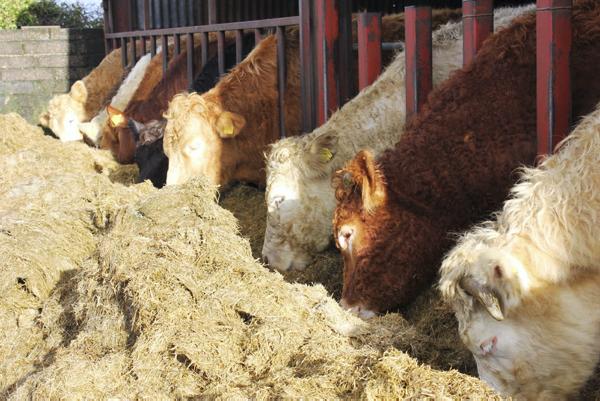

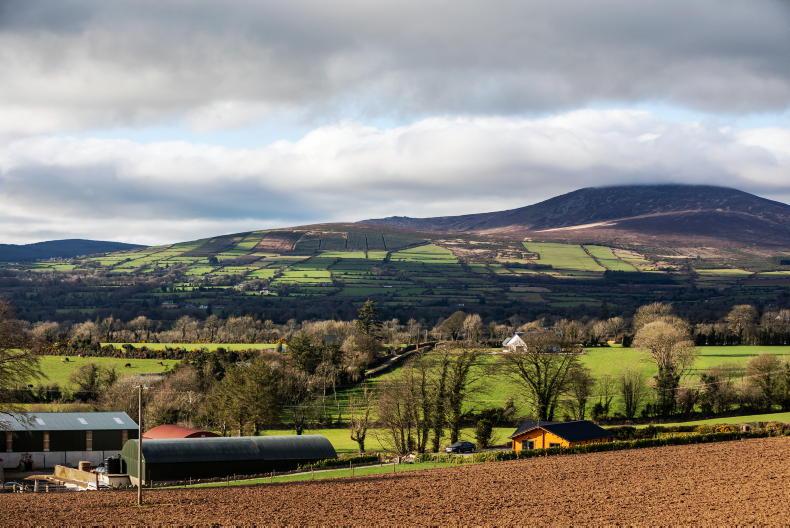

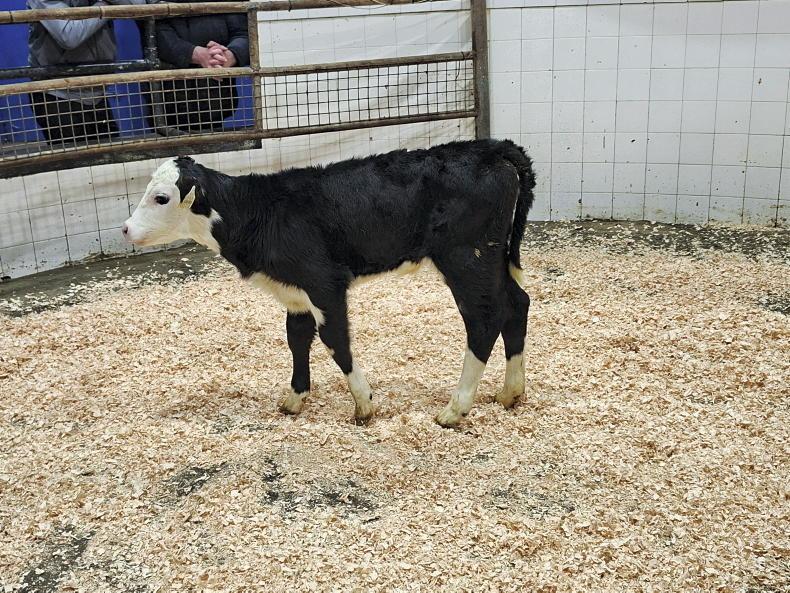
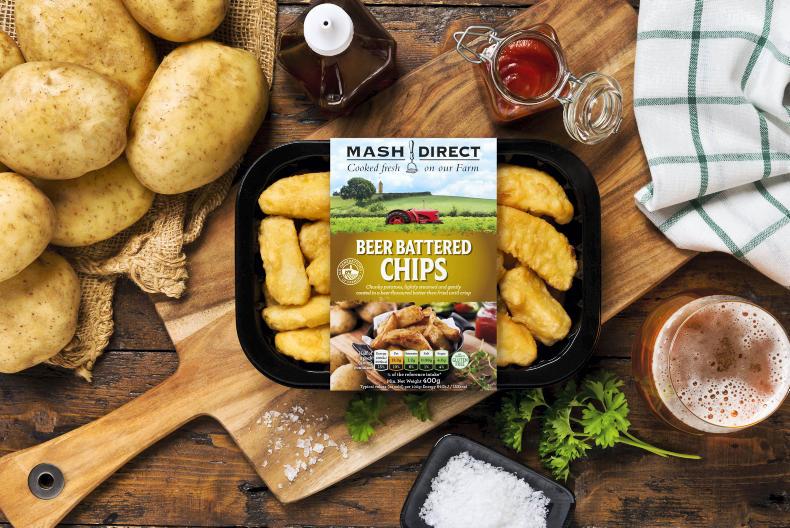
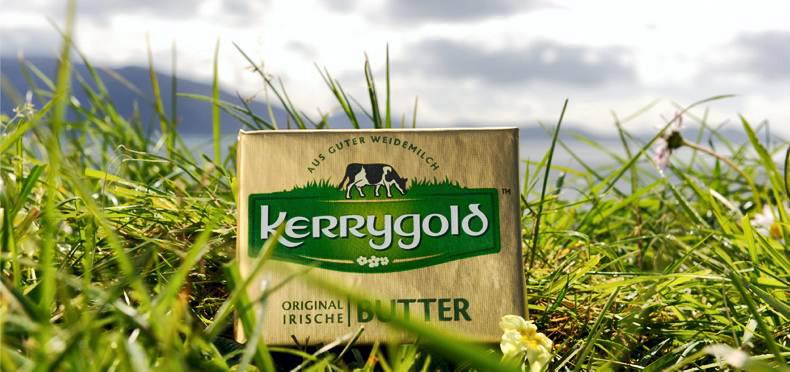
SHARING OPTIONS